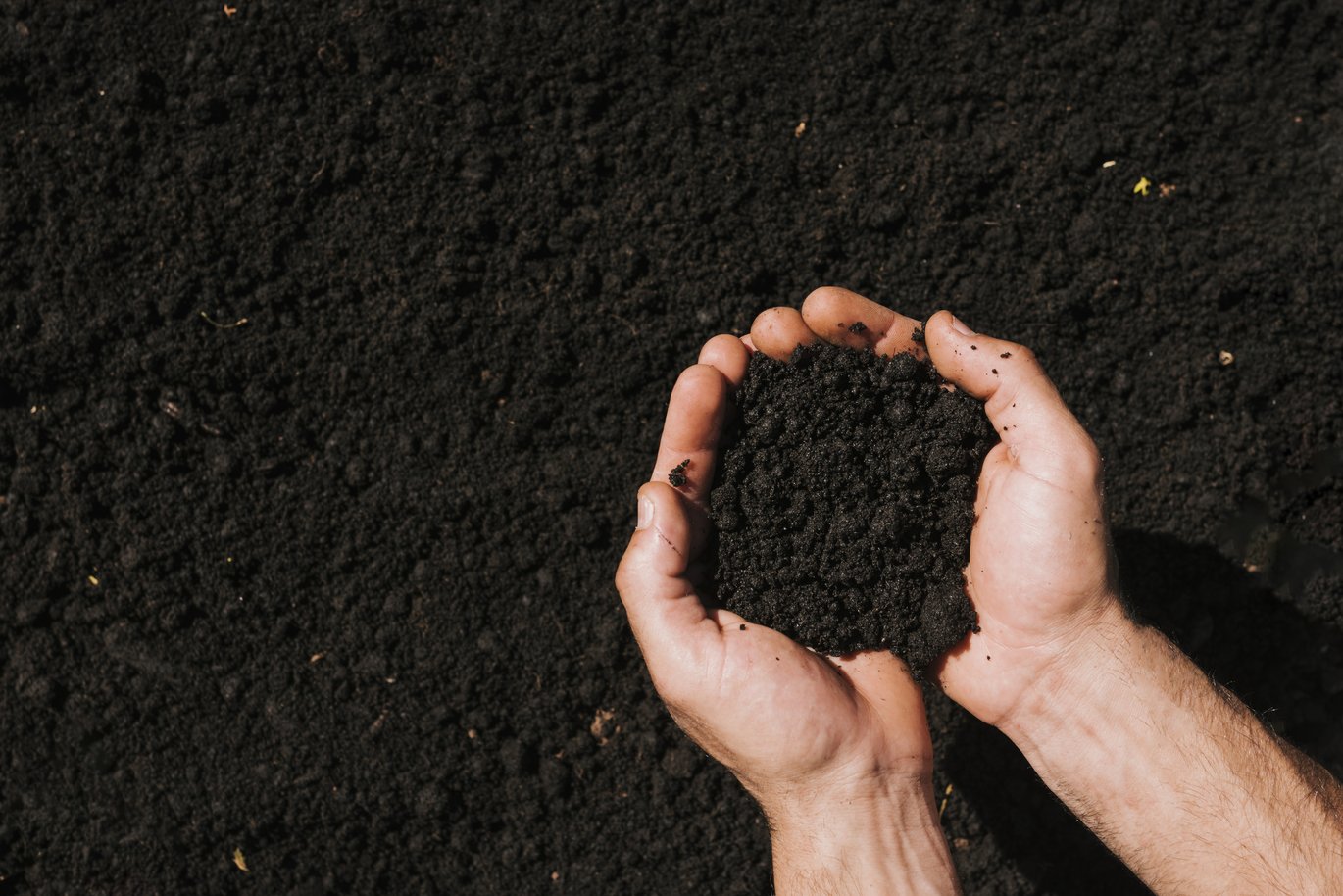Long-term use of cattle manure has little effect on decomposition
Researchers from Aarhus University have found that the long-term use of cattle manure has minimal impact on the decomposition of plant residues in the soil. Instead, soil type and the plants growing in the soil play a more significant role in the decomposition process.

A study led by Emmanuel Arthur and Yuting Fu from the Department of Agroecology at Aarhus University utilized long-term experiments across five different locations in Europe to examine how cattle manure affects plant residue decomposition in various soil types. The researchers employed the "tea bag protocol," a recognized method for studying organic material decomposition. A pair of tea bags containing green tea (high-quality organic material) and rooibos tea (low-quality organic material) were buried in the soil for three months. After this period, the tea bags were retrieved, and the remaining organic material was measured.
"This method allows us to compare the decomposition of organic material in different soil types and with different fertilization treatments," explains Yuting Fu.
Findings on decomposition
The study revealed that the effect of cattle manure on decomposition varies depending on soil texture and crop type. In sandy soils, the decomposition of high-quality organic material in the manure treatment was reduced by 5-7%, while in soils with high silt content, the decomposition of low-quality organic material was reduced by 22%.
Understanding soil texture
Soil texture, which is the distribution of sand, silt, and clay in the soil, significantly influences the soil's ability to retain water, facilitate aeration, and support microbiological activity. The research highlights that soil properties and growing crop species, rather than the addition of cattle manure, are the primary drivers of decomposition.
Influence of crop species
The growing crop species can also influence soil aeration and microbial activity through their root systems and management practices. Such influence seems to outweigh the impact of cattle manure.
Minimal impact of cattle manure
While cattle manure does contribute nutrients like nitrogen (N), phosphorus (P), and potassium (K) to the soil, its impact on decomposition is minimal compared to the influence of soil type and crop species. The study suggests that the use of manure does not substantially alter the microbial processes involved in the early-stage plant residue decomposition.
Implications for sustainable agriculture
The findings have important implications for sustainable agriculture. By understanding how long-term use of cattle manure affects plant residue decomposition processes, farmers can optimize their fertilization strategies to enhance soil health and fertility. "Our research provides insights into how we can use cattle manure more effectively," Yuting Fu says.
The study opens up for new possibilities for agricultural practices, allowing farmers to potentially increase soil fertility and health by adjusting fertilization strategies based on soil texture and crop type.
“Understanding these dynamics is crucial for advancing sustainable agricultural practices and ensuring healthier soil,” Emmanuel Arthur says.
| ITEM | CONTENT AND PURPOSE |
|---|---|
| External collaborators | Department of Agroecology at Aarhus University and Natural Resources Institute at University of Greenwich. |
| External funding | The research was supported by the Danish Council for Independent Research, Technology and Production Sciences via the project: Biophysical Drivers of Soil Resilience in a Changing Climate [grant number 9041-00107B]. Marcos Paradelo was funded by the Research England ‘Expanding Excellence in England’ (E3) – FaNSI programme of the NRI. |
| Conflict of interest | None |
| Link to the scientific article | The publication “Unraveling the edaphic factors driving organic material decay: Insights from long-term manure application studies” is published in Soil Biology and Biochemistry. It is written by Yuting Fu, Sabine Ravnskov, Marcos Paradelo, Lis W. de Jonge, and Emmanuel Arthur. |
| Contact information | Senior Researcher Emmanuel Arthur, Department of Agroecology, Aarhus University. Tel.: +45 87157734 eller mail: emmanuel.arthur@agro.au.dk |
